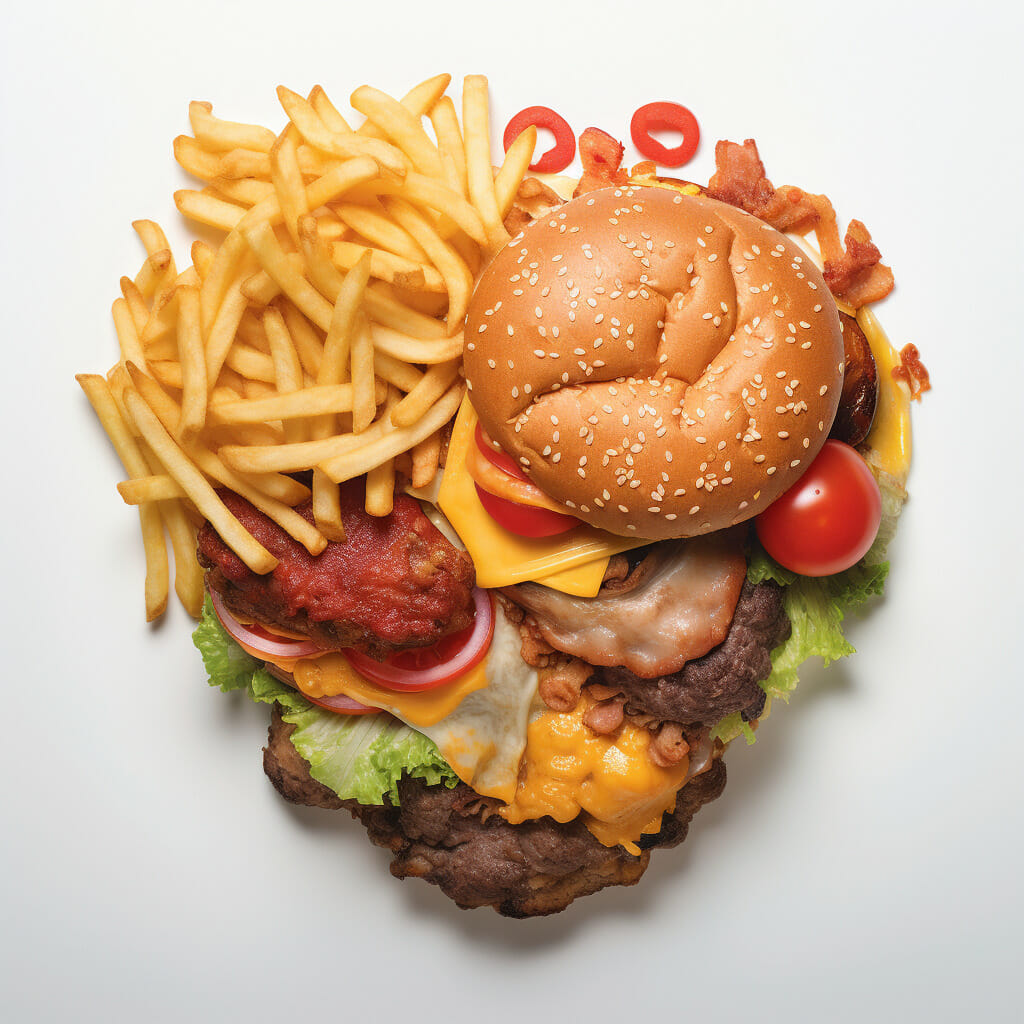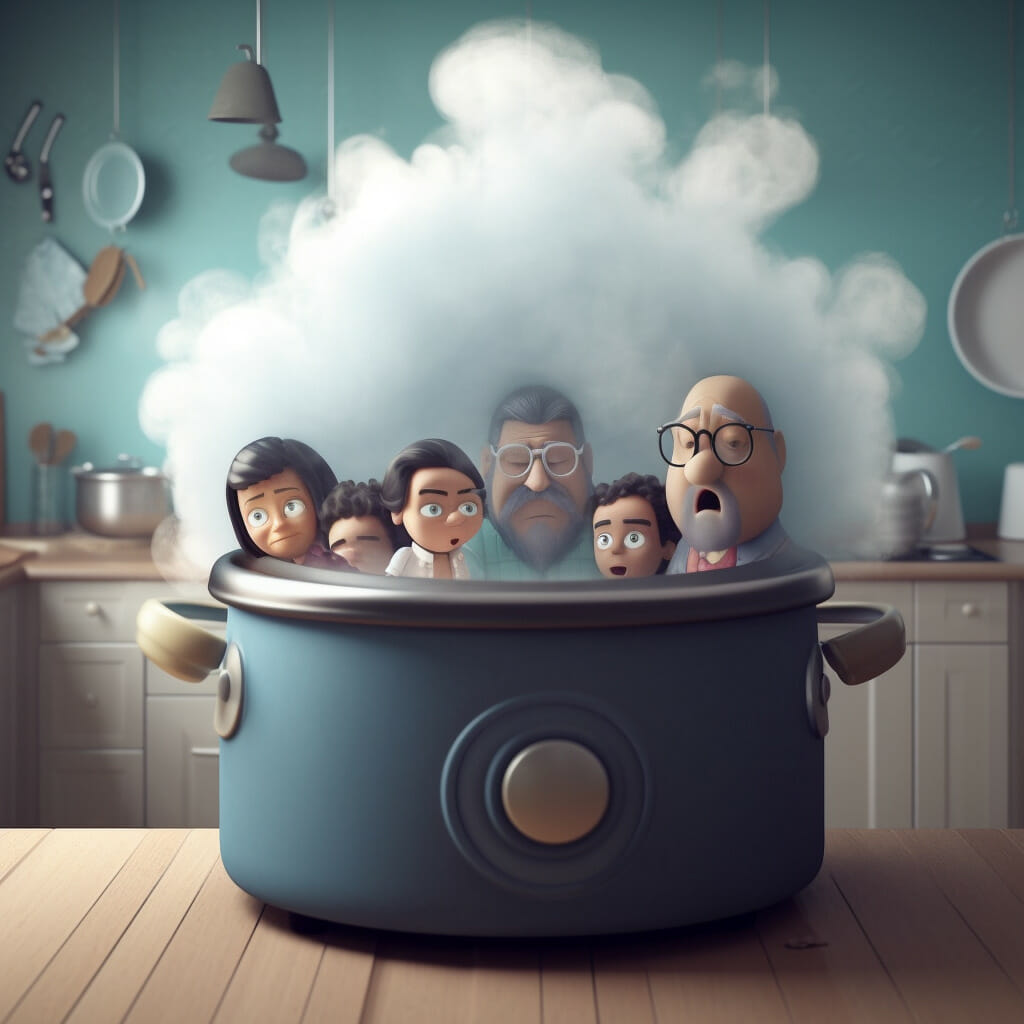Your cart is currently empty!

How It Could Have Been Prevented
Childhood Experiences with a High-Functioning Autistic
I thought it was normal. My dad would take us (mother, brother, + me) out to eat at long dinner parties, refusing to let us go home until everyone else had finished eating. This always took hours; sometimes, we went home at one in the morning. He would parade us around like objects because everyone wanted a piece of us, which also meant a piece of him.
Then, one mistake.
Maybe someone threw away five-year-expired cookies or didn’t want to eat the rest of their food. He blows up; he starts yelling. I start crying; my brother and mom start crying and screaming.
To baby me, it was perfectly normal. Fun, even running at midnight to a hotel. The whispered “Honey, wake up– shhh, we need to go” meant an adventure.
Not a single grain of rice was allowed to linger on our plates. Everything had to be eaten and stored. It didn’t matter how old it was. Dad grew up in poverty, and the fear of starvation never quite left him.
He tried to put plastic bags on our heads, then laughed it off when my mom said it was dangerous. Whenever my mom got out of the car, he whispered into the backseat: “Hey, wouldn’t it be fun if we just left her?”
My dad always apologized (or sent threats to go to the police and file for child custody) in the end. We always came back.
As I grew up, I learned that this behavior was not normal. Digging through the neighbor’s trash or forgetting your kids at daycare for six hours is not customary.
My dad is autistic. This isn’t an outsider’s diagnosis– it’s based on facts. We’ve had doctors and psychologists ask if he’s been diagnosed (he hasn’t, he refuses to.) He meets all the requirements. Additionally, I am autistic. My mother’s side is not autistic, so there’s only one parent I could’ve gotten the gene from.
Enjoys consistent routines and schedules and gets upset or anxious should that routine or schedule be changed. Yup. He starts yelling when something doesn’t go his way, though. (link to resource at the end of post)
Use repetitive language—another check, to a point where it is ridiculous.
Are bothered if your things are moved or rearranged by someone? Very. Again, he also starts yelling.
Have trouble regulating your emotional responses. Do I even need to say anything more? He’s great at denying his feelings, but only verbally. Actually, he’s not good at that, either.
Volume control. Oh, yeah.
There’s more, but these are just the ones that stand out the most.
So, yes. My childhood was traumatizing. I don’t remember most of it. However, I’m not saying that being autistic was the problem. It was how his autism was dealt with.
At the time he was born, autism was barely discovered. The stigma against mental health was even stronger than it is today, and no doubt, he was forced to mask (basically, try to act like a person without autism.) His family state was rather unstable: Both parents were immigrants of some sort and lived poorly. To clarify, they lived in one room for a long time.
Additionally, masculine ideals were more potent in that time period. When asked about his feelings now, my father reiterates that he is fine. He is tranquil, he states, though the twitching of his fingers and the redness of his face says otherwise.
He believes that he is not yelling at his kids. He is simply disciplining them, and that is perfectly normal. However, that gives me a look inside his childhood because if he thinks his behavior is normal, his parents must have treated him the same way.
As a child, you are virtually shaped by your environment. You follow your parents’ example because you don’t know who else to follow.
My dad doesn’t know how to deal with his feelings because he doesn’t know how to. No one taught him, so he coped in the ways familiar to him: hoarding everything, playing games, and drinking.
I have autism as well, and I think I turned out alright since I had the correct information and help. If my father had taken the same lessons that I did and learned the same lessons I learned, I am positive that he would not act the way he does.
My heart has a vast pit of regret because I know everything I endured as a kid could have been prevented.
Autism Checklist from: https://www.autism.org.uk/
Responses to “How It Could Have Been Prevented”
BsH4IUvA0mV
l4lwGczOZw8
DpkbJHe4Zev
Your point of view caught my eye and was very interesting. Thanks. I have a question for you.
Touched by what you read? Join the conversation!
-

Junk Food for Your Soul
My daughter painted this the summer she finished fourth grade. While she is a very gifted artist, she didn’t paint this on her own–she had way too much help with this piece at a department store art studio in Taiwan where art teachers help children replicate masterpieces. Our social media post this week talked about…
-

Why Do We Procrastinate And How Can We Beat The Urge?
Ever find yourself eagerly logging your expenses, or clearing the furthest reaches of your inbox while contemplating whether you’ll ever find the will to finish that report, crunch those numbers or fix that problem? You’re not alone. Procrastination, which often means doing low-value tasks to avoid difficult, more important ones–or else doing things we enjoy…
Read more >> about Why Do We Procrastinate And How Can We Beat The Urge?
-

Is Your House a Pressure Cooker? How To Fight Less And Reduce Family Conflicts
Are you more polite/considerate/presentable/tidier/ in public or at home with family? Amazingly, many people treat complete strangers better than they treat their own spouse or children. We blurt out hurtful comments, leave a mess, expect 24/7 help and behave in ways we wouldn’t dare with people who care less about us and people who should…
Read more >> about Is Your House a Pressure Cooker? How To Fight Less And Reduce Family Conflicts




Leave a Reply